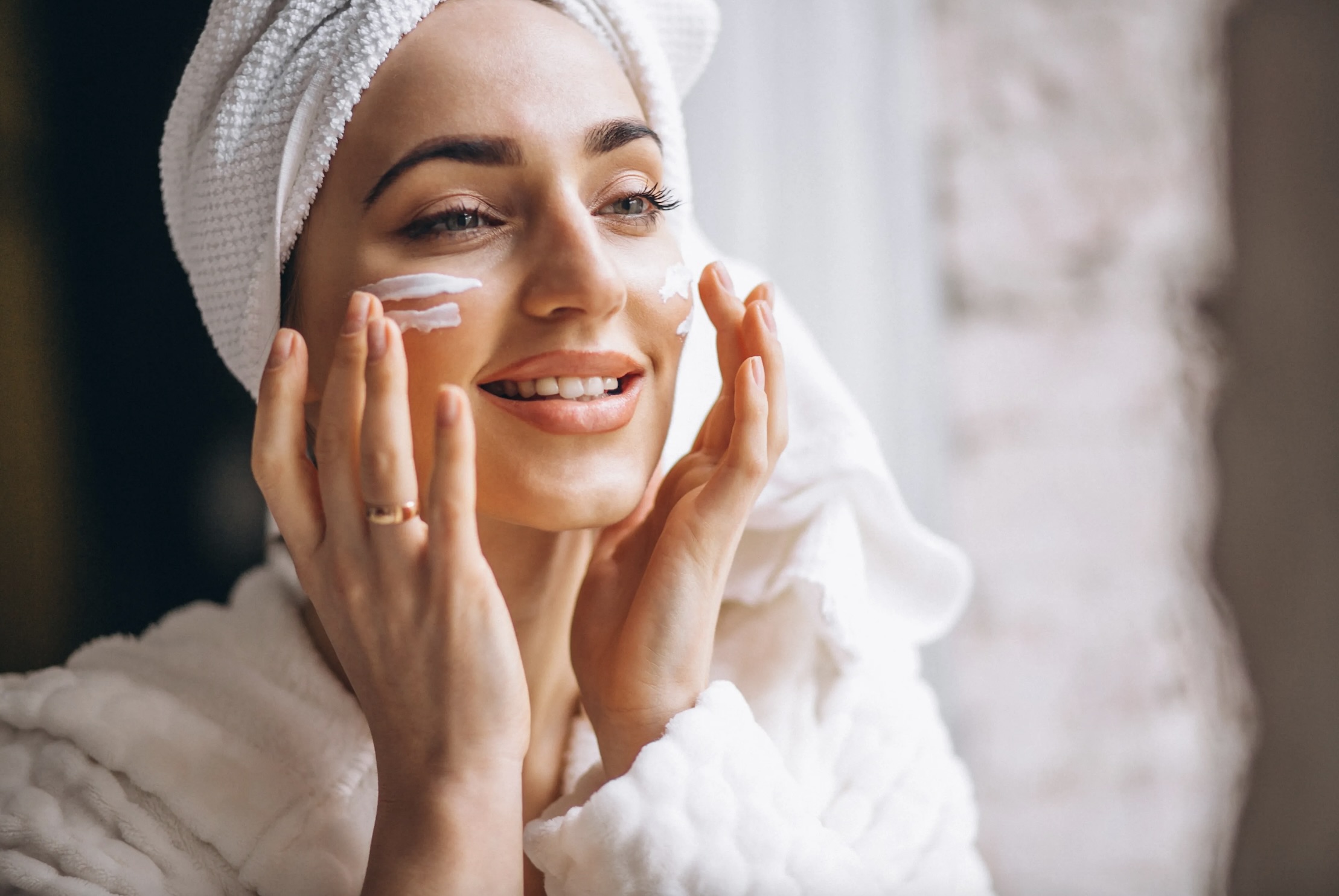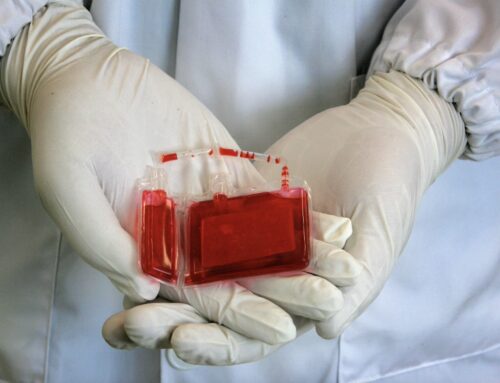Skin Care Tips
What diet should I use for beautiful skin?
A healthy diet can contribute to beautiful skin by providing essential nutrients that support skin health. Here are some dietary tips for promoting healthy, glowing skin:
- Eat a variety of fruits and vegetables: Fruits and vegetables are rich in vitamins, minerals, and antioxidants that help protect the skin from damage and promote skin repair.
- Include healthy fats: Omega-3 fatty acids found in fish, flaxseeds, and walnuts can help maintain skin health and hydration.
- Stay hydrated: Drinking plenty of water helps keep the skin hydrated and can improve skin elasticity. Avoid dehydration.
- Limit sugar and processed foods: High-sugar and processed foods can contribute to inflammation and skin issues. Opt for whole, unprocessed foods instead.
- Eat foods rich in antioxidants: Antioxidants help protect the skin from damage caused by free radicals. Include foods like berries (especially blueberries), leafy greens such as kale, and nuts in your diet.
- Consider collagen-rich foods: Collagen is important for skin elasticity and firmness. Foods like bone broth, salmon, and citrus fruits can help support collagen production.
- Limit alcohol and caffeine: Both alcohol and caffeine can dehydrate the skin, so it’s best to consume them in moderation.
- Maintain a balanced diet: A balanced diet that includes a variety of nutrients is key to overall skin health.
Remember, while diet can play a role in skin health, it’s also important to follow a good skincare routine, protect your skin from sun damage, and avoid smoking to maintain beautiful skin.
How do I protect my skin from aging?
To protect your skin from aging, you can follow these tips:
- Use sunscreen: Sunscreen helps protect your skin from the sun’s harmful UV rays, which can accelerate skin aging. Use a broad-spectrum sunscreen with an SPF of at least 30, and reapply every two hours or after swimming or sweating.
- Avoid sun exposure: Limit your time in the sun, especially between 10 a.m. and 4 p.m. when the sun’s rays are strongest. Seek shade, wear protective clothing, and use sunscreen to protect your skin.
- Moisturize: Keeping your skin well-hydrated can help maintain its elasticity and reduce the appearance of fine lines and wrinkles. Use a moisturizer that suits your skin type and apply it regularly.
- Stay hydrated: Drinking plenty of water helps keep your skin hydrated from the inside out.
- Eat a healthy diet: A balanced diet rich in antioxidants, vitamin A, vitamin E, vitamin C, vitamin D and vitamin K; and minerals such as zinc and biotin can help protect your skin from damage and support skin health.
- Avoid smoking: Smoking can accelerate skin aging and contribute to wrinkles. Quitting smoking can improve the health and appearance of your skin.
- Limit alcohol consumption: Excessive alcohol consumption can dehydrate your skin and lead to premature aging. Limit your intake to maintain skin health.
- Get enough sleep: Adequate sleep is important for overall health, including skin health. Aim for 7-9 hours of sleep per night to allow your skin time to repair and regenerate.
- Manage stress: Chronic stress can contribute to skin aging. Practice stress-reducing techniques such as yoga, meditation, or deep breathing exercises to help protect your skin.
- Use skincare products: Use skincare products that are suitable for your skin type and address your specific concerns, such as fine lines, wrinkles, or age spots.
By following these tips, you can help protect your skin from premature aging and maintain a healthy, youthful appearance.
How should I moisturize my skin?
Moisturizing your skin is an important step in maintaining its health and appearance. Here are some tips for effectively moisturizing your skin:
- Choose the right moisturizer: Select a moisturizer that suits your skin type. For dry skin, choose a richer, creamier moisturizer. For oily skin, opt for a lighter, oil-free moisturizer. For sensitive skin, choose a gentle, fragrance-free moisturizer.
- Apply moisturizer to damp skin: For best results, apply moisturizer to skin that is slightly damp, such as after bathing or washing your face. This helps lock in moisture and keep your skin hydrated.
- Use gentle, upward strokes: When applying moisturizer to your face, use gentle upward strokes to avoid pulling or stretching the skin.
- Don’t forget your neck and décolletage: These areas are often neglected but can show signs of aging. Apply moisturizer to these areas as well.
- Apply sunscreen: If you’re moisturizing in the morning, consider using a moisturizer with SPF to protect your skin from the sun’s harmful UV rays.
- Use moisturizer throughout the day: Reapply moisturizer as needed, especially if you have dry skin or are in a dry environment.
- Consider using a humidifier: If you live in a dry climate or your skin is particularly dry, using a humidifier in your home can help add moisture to the air and prevent your skin from drying out.
- Avoid hot water: Hot water can strip the skin of its natural oils, so use lukewarm water when washing your face or showering.
- Choose products with hydrating ingredients: Look for moisturizers that contain ingredients like hyaluronic acid, glycerin, and ceramides, which help attract and retain moisture in the skin.
- Be consistent: Moisturizing regularly is key to maintaining healthy, hydrated skin. Incorporate moisturizing into your daily skincare routine for best results.
When should I see a doctor about my skin health?
You should consider seeing a doctor, specifically a dermatologist, about your skin health if you experience any of the following:
- Persistent or severe acne: If over-the-counter treatments are not effective, or if you have cystic acne that is painful or causing scarring, a dermatologist can provide more advanced treatment options.
- Skin growths or moles: If you notice new or changing moles, or if you have any skin growths that are changing in size, shape, or color, it’s important to have them evaluated by a dermatologist to rule out skin cancer.
- Persistent itching, rash, or irritation: If you have a rash, itching, or irritation that does not improve with over-the-counter treatments, or if it is causing significant discomfort, a dermatologist can help diagnose and treat the underlying cause.
- Chronic skin conditions: If you have a chronic skin condition such as eczema, psoriasis, or rosacea that is not well-controlled with at-home treatments, a dermatologist can provide additional treatment options.
- Skin infections: If you have a skin infection such as cellulitis, impetigo, or a fungal infection that is not improving with over-the-counter treatments, a dermatologist can prescribe medication to help clear the infection.
- Hair loss: If you are experiencing significant hair loss or thinning, a dermatologist can help determine the underlying cause and recommend treatment options.
- Skin cancer screening: If you have a history of sun exposure, a family history of skin cancer, or other risk factors for skin cancer, it’s important to have regular skin cancer screenings by a dermatologist.
In general, if you have any concerns about your skin health or if you notice any changes in your skin that are concerning to you, it’s a good idea to see a dermatologist for an evaluation. A dermatologist can provide a thorough examination, diagnose any skin conditions, and recommend appropriate treatment options.




